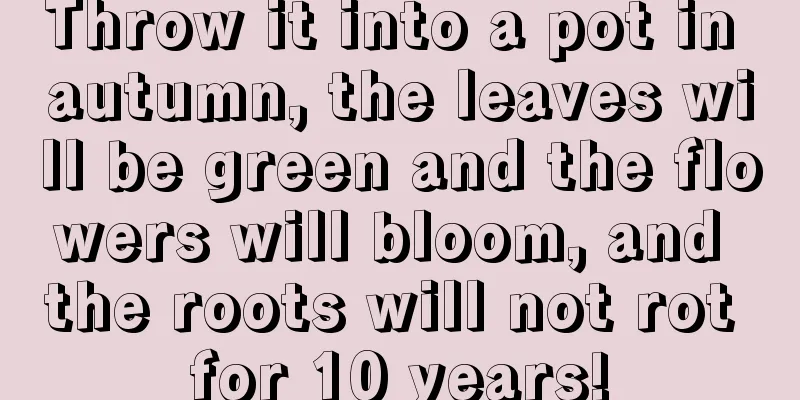How to pollinate and manage grape flowering

1. How to pollinateThere are many varieties of grapes, but most are pollinated by wind or bees and do not require human assistance. However, some varieties do not assist in pollination and have a lower fruit setting rate. Carefully shake the female and male buds while they are blooming so that the pollen becomes airborne and helps with pollination. Or you can put on gloves and touch the male buds. The pollen will stick to the gloves, and then touch the female buds. This may promote successful pollination and increase the fruit setting rate. 2. How to manage1. Humidity: Stop watering after it blooms and maintain a good humidity environment. 50% is the most suitable humidity. If you water at this time, the soil temperature will drop, affecting absorption and thus affecting fruit setting. 2. Temperature: It likes a warm environment. The most suitable temperature during flowering period is between 25-28 degrees, and the night temperature should also be controlled between 16-18 degrees. If it is grown in a greenhouse, pay attention to more ventilation during the day. Pay attention to temperature control when you are outdoors at night. Temperatures below 15 degrees will affect flowering. 3. Nutrients: Apply appropriate amounts of fertilizer before flowering. High-phosphorus fertilizer can be selected. Sufficient nutrients can promote flowering. Boric fertilizer should also be sprayed, which will help fruit setting in the later stage. If there is a lack of nutrients, the flowering period will be shortened and the fruit setting rate will decrease. 4. Light: During the flowering period, it needs more sunlight and should be placed in a place with good light every day, ensuring that the light duration is between 7-9 hours. This will enable better photosynthesis and facilitate flower bud differentiation. |
<<: Why are the tips of the green radish leaves turning black and withering as if they were burnt?
>>: Grape fertilization management, fertilization season
Recommend
How to make the spider plant bloom (how to take care of it after it blooms to make it grow more tendrils)
How should we cultivate it at home so that it can...
The difference between raspberry and tangerine
1. Leaf Difference There are 3 to 5 leaflets of t...
How to breed silkworms
Silkworm farming is favored due to its low cost, ...
Huanghuali Planting Conditions and Climate Requirements
Huanghuali Introduction Huanghuali, also known as...
How to promote asparagus fern seeding
How to promote asparagus fern seeding Generally s...
When does winter bamboo shoots start to be harvested? When does winter bamboo shoots start to be harvested?
When to harvest winter bamboo shoots The time to ...
Planting time and method of autumn chrysanthemum is suitable for planting in which month
Planting time of autumn chrysanthemum Autumn chry...
Cultivation methods and precautions of Sedum
1. Maintenance methods 1. Substrate selection: Se...
Key points of high-yield soybean cultivation technology
With the rapid development of China's economy...
Jerusalem artichoke cultivation method
1. Maintenance methods 1. Temperature: Jerusalem ...
How to cultivate thick-leaved moon shadow succulent
Thick-leaved Moon Shadow Succulent Growing Condit...
Five reasons why azaleas die
The growth environment of azalea is poorly ventil...
When does strawberry planting start every year?
Strawberries are usually heart-shaped or cone-sha...
What causes orchid leaves to turn yellow and dry?
The leaves of an orchid are its most sensitive an...
How to propagate the small human sacrifice? Cutting propagation method
Reproduction method of small human sacrifice The ...









